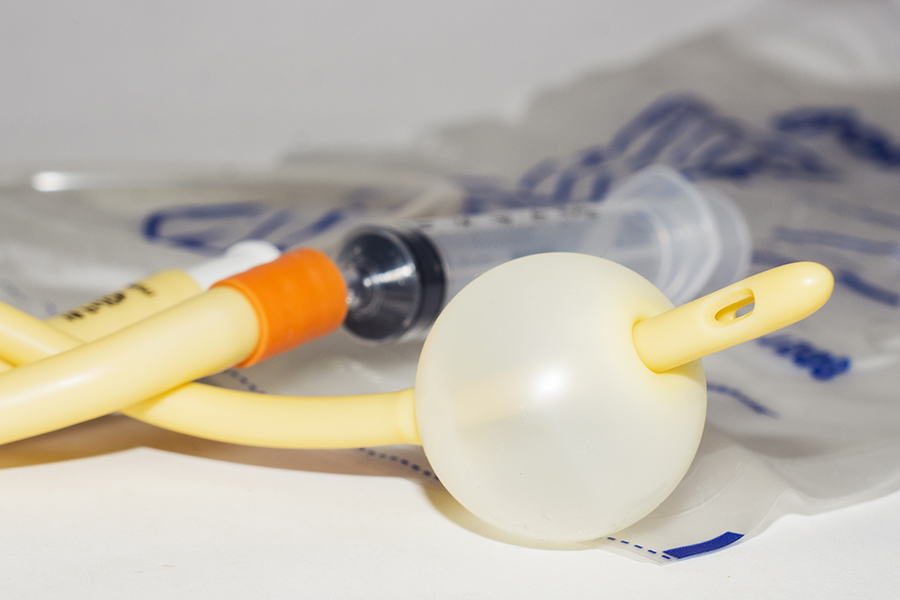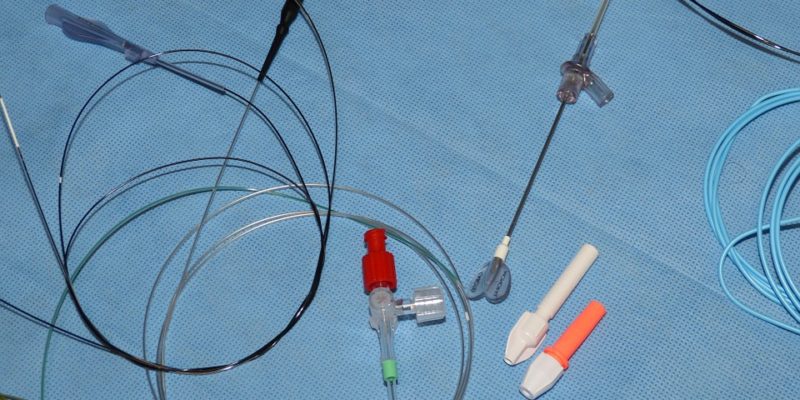
A catheter is a type of medical equipment that you may not have heard of. It is essentially a flexible tubular device that is inserted into the body to remove fluid. They are not very rare among the population, and you’ll probably have heard the term before if you’ve had urine problems in the past, so without further ado, here is everything you need to know about catheters…
Why would someone need a catheter?

Although there are many reasons for requiring a catheter the most common ones include:
– An enlarged prostate gland (in men)
– Urinary incontinence
– Urinary retention
– A neurological condition that damages nerves (such as multiple sclerosis)
These conditions can constrict urine flow, therefore, resulting in the need for a fluid draining device (aka a catheter).
How do you insert a catheter?
A healthcare professional usually does the job for you however some people perform the procedure independently. Most catheter products enable easy insertion, and once inserted, a balloon needs to be inflated with water inside the bladder to stop the catheter from moving around. A urine collection bag is attached to the catheter, and this needs to be replaced frequently to prevent infection.
Catheter safety
To reduce the risk of contamination and infection there are several precautions that you need to take.
Wash your hands
This is the simplest and most effective way to prevent the spread of harmful microorganisms, so be sure to always wash your hands both before and after handling a catheter.
Ensure you get enough fluids

You must drink enough fluids throughout the day to keep the urine flow consistent. Failing to take in a sufficient supply of fluids puts you at risk of blockages and infections occurring in your bladder.
Frequently asked questions
Is it okay to drink alcohol?
Alcohol does not affect the catheter but certain medications don’t mix with alcohol – so ask a physician to be sure.
Can I exercise?
Having a catheter shouldn’t hinder your ability to keep active, again, seek approval from a doctor first.
What about sex?
With a device sitting so close to the sex organs, it is only natural to wonder if the catheter can be damaged in some way by engaging in sexual intercourse. You may continue having sex with a catheter inside you although some types of catheters need to be taped out of the way so the tube doesn’t become a nuisance.
When to seek medical attention
Consult a doctor immediately in the event of:
- The catheter falling out
- There being very little drainage from the bladder in 4 hours
- Feeling pain where the catheter is or the area surrounding it
- Developing fever, chills, or feeling unwell in general
- Blood clots coming from the catheter
Outlook on life

Most people only need catheters temporarily and while they can be frustrating at times – they shouldn’t affect your quality of life. The majority of people with catheters live normal lives just like everyone else.




